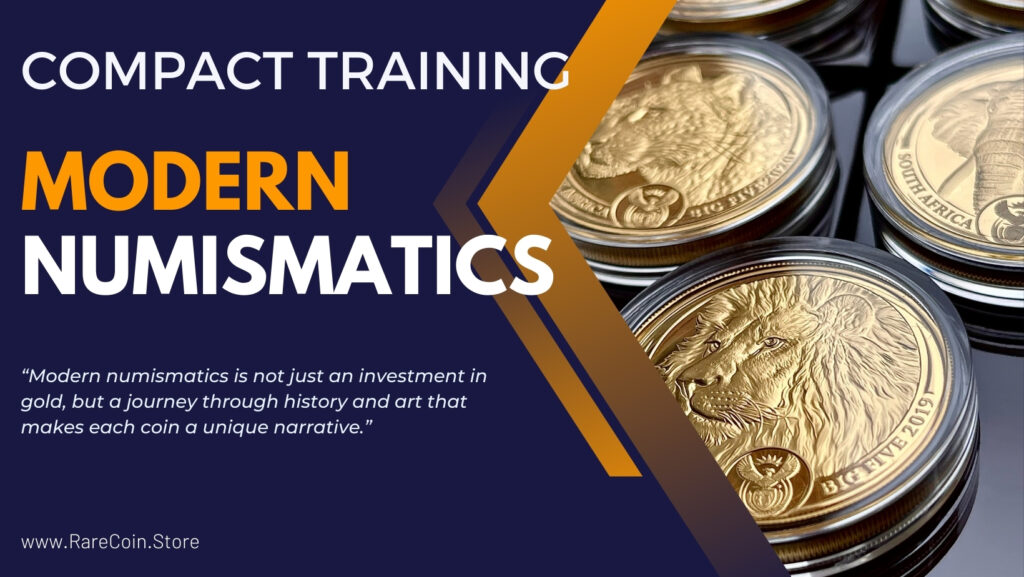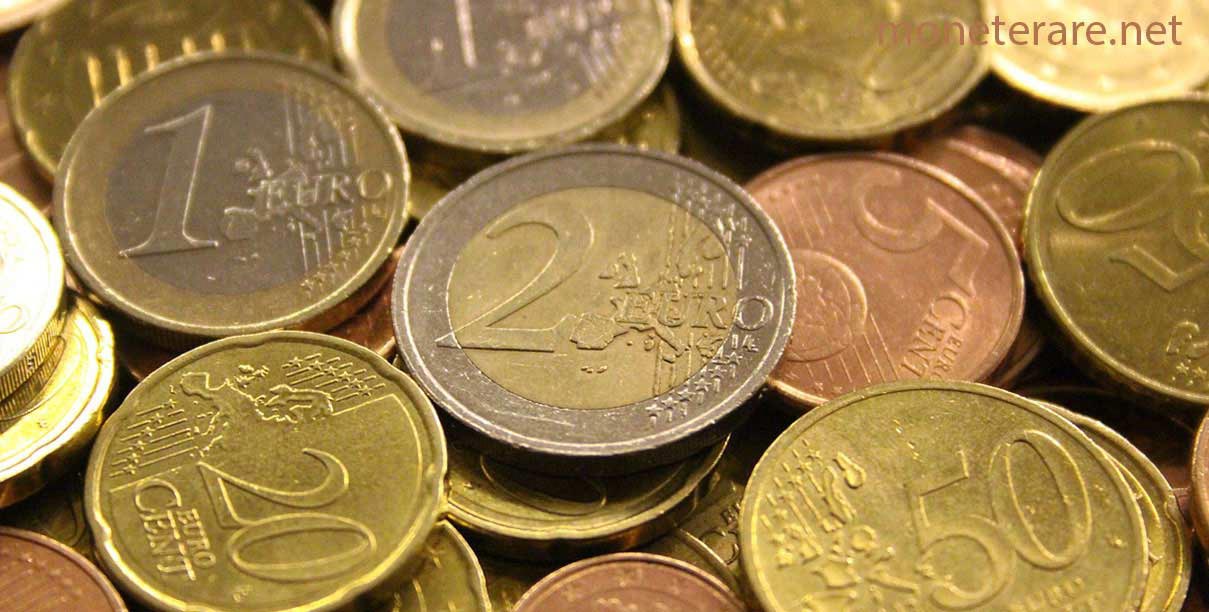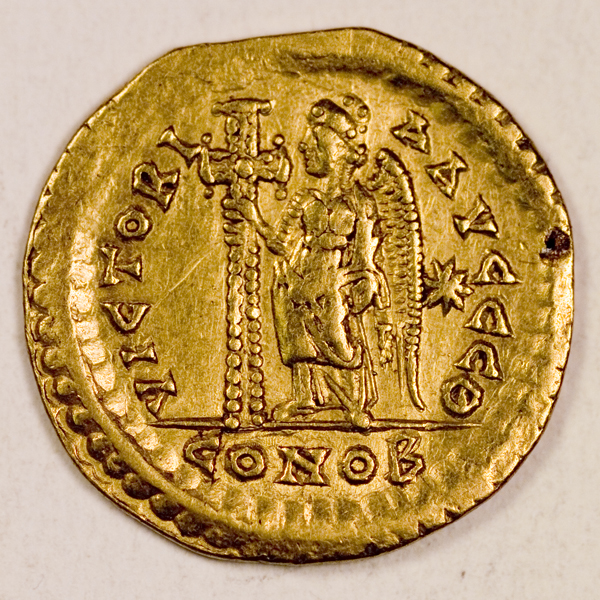Free Suggestions To Choosing Banknote Artist And Currency
Wiki Article
How Can I Find Out More About Numismatics In Relation To Global And Regional Associations By Using Databases?
Researching numismatics with regards to regional and global associations requires utilizing databases that archive information on the numismatic community, conferences publications, conferences, and collaborative projects. Here's a systematic way to do such research. JSTOR and other databases and academic repositories are also able to provide access to articles and proceedings from conferences.
Define Research Focus: Specify your research objectives. Are you looking to find out more about the history and activities worldwide numismatic associations as well as regional collaborations, publications, conferences or topics in these organizations? Clarify your goals to help guide your study.
Search Strategy: Use keywords such as "numismatic associations", "global numismatics" or "regional societies for numismatics," if appropriate. Also, you can include the names of specific organisations or regions. You can filter results with advanced search options. This can be done by filtering results by date, type of document such as conference papers and newsletters from associations, as well as by geographic area.
Data Collection: Get information on the purpose as well as the history, membership publications, and activities of regional and international numismatic associations. Search for information on past or forthcoming conferences, research collaborations and workshops. Browse databases with information on members, leadership of associations, and contact details.
Analyse data to understand role and impact. Find out how these associations aid in the development of numismatic knowledge, foster international collaborations, and disseminate research via conferences and publications.
Cross-Reference: Verify the accuracy of your information by comparing it with other databases and resources. Examine the different initiatives and actions that different associations have undertaken in order to build an accurate picture of numismatic trends at the regional and global levels.
Documentation: Document your findings thoroughly by citing sources and highlighting the methodologies employed. Note the details of the databases used, keywords used to search, and the relevance of each source to your research needs.
Keep Up-to-Date: Numismatic organizations evolve in time, and the publication of new books, conferences and collaborative projects recurring. Updates on websites of newsletters, associations, databases for scholars and websites of associations will keep you informed of the latest in global numismatics.
Following these steps will allow you to use databases effectively to explore numismatics as it relates to regional and global organizations. This technique allows for detailed investigation of the scholarly actions and the organizational structure that shapes the numismatic world at a global level. Follow the most popular legal tender info for blog advice including half-dollar, coin release, coin forum, numismatics, banknote artist, commemorative coins, authenticity, banknote identification, banknote rarity, banknote certification and more.

How Can I Utilize Numismatics To Conduct Research On Refineries In A Database?
This research involves using databases that offer information about numismatics and refineries. These databases include ones that deal with refinement of precious metals, the process of minting, as well as historical and technical aspects. Here is a systematic approach to conduct this research: Database selection: Choose databases that focus on precious metals refinement, minting processes, and numismatics. Databases are provided by major refining firms like Johnson Matthey Heraeus as well as mints run by the government, such as the United States Mint (or Royal Canadian Mint) or Heraeus.
Define Research Focus: Specify your research objectives. Do you want to learn more about the history of the refinery and operations, technological advancements that have occurred in refining processes as well as the production and certifying of coins as well as bullion? Or even the standards and certifications for precious metals? Clarify the focus of your search.
Search Strategy: Use keywords such as "precious Metals Refineries", "minting Processes", "bullion Production" and include refinery names, geographic regions or historical periods if appropriate. Utilize advanced search options to filter results by date, document type (such as technical reports, production statistics), and refining techniques.
Data collection: Access information regarding refineries and their history like the date they were established, the type of precious metals they process (gold or silver, for example) as well as any previous advancements or innovations.
Analysis: Analyze and understand the role played by refineries in the field of numismatics. Analyze the role of refineries when it comes to the supply of precious materials to produce coins and bullion. They also guarantee that quality control is maintained and uniformity is achieved during minting processes. Compare the methods and technologies employed by different refineries and mints.
Cross-References Verify your findings by comparing data across databases and different sources. This method ensures that your research is reliable and complete, providing you with a full picture of the refineries' role in numismatics.
Documentation. Document your findings in a systematic manner by citing all sources utilized and describing the research methods you have employed. Provide the databases you that you use and the search term(s) and the significance each source has to the issue you're trying to answer.
Keep yourself up-to-date The refining methods and standards are constantly evolving. Stay current by reading the latest industry reports, mint publications and refinery publications to learn about the latest developments in refining and numismatics.
You can use databases to study refineries and numismatics by following these simple steps. This approach enables a thorough investigation into the technological innovations and quality control procedures and the historical contribution of refineries to the creation of bullion and coins in the world. Take a look at the top coin series blog for blog examples including peso, authenticity, copyright, rare coins, copyright detection, banknote storage, currency exhibition, copyright, coin pressing, banknote news and more.

How Do I Use The Numismatics Database To Assist Historians And Researchers To Do Research?
Researching numismatics with regards to researchers and historians involves making use of databases that are focused on scholarly articles, historical archives, academic journals, and institutional repository. This is a methodical procedure for carrying out this kind of research: Database selection: Select databases that are specialized in numismatics, historical archives and academic journals. Some examples are JSTOR, Google Scholar, numismatic society journals (like the American Numismatic Society), and university library databases.
Define Research Focus: Specify your research objectives. Are you looking to learn about the historical contexts behind the numismatic objects, the research methodologies employed in numismatics, particular topics in numismatics that historians have explored or contributions of researchers in research on numismatics. Clarify your search by defining your goals.
Search Strategy: Use keywords such as "numismatics,"the study of numismatics "numismatics research," as well as "historical coins" which include specific historical time periods or geographical regions. If applicable, also include themes or themes related to numismatics or themes that relate to particular historical periods. Filter results using advanced search features. This includes filtering results by date, document types (such dissertations or conference papers, articles), and author affiliations.
Data collection: Access information about scholarly articles as well as research documents and other numismatics from archives of the past. Gather details such as publication titles, authors abstracts, methods used, and historical contexts explored. Explore databases that provide access to digital numismatic collections or research projects.
Analysis: Examine your data in order to identify the theories and methods used by researchers, historians and other numismatic experts. Analyze how numismatics-related artifacts are utilized to support the narratives of historical events or studies in culture. Examine the methods and results of various researchers on different subjects in numismatics.
Cross-Reference: Ensure the accuracy of your study by referencing multiple databases and scholarly publications, academic journals and institutions' repositories. This ensures that your research is precise and complete. It also gives you a better understanding of the contributions made by researchers in numismatics.
Documentation: Document systematically your findings, noting the sources you utilized and describing the methods that were employed. Keep track of specifics like the databases you searched on as well as the search terms you used, and how each source relates to your research.
Keep up-to-date. The academic literature as well as research on numismatics are continuously changing. Stay up to date by keeping track of the latest news from academic journals, numismatic societies and institutional repositories for the latest research findings and methodologies in numismatic research.
Following these steps will allow you to use databases effectively to study numismatics from the perspective of historians and researchers. This technique allows a thorough investigation into the methodology, historical interpretations, and scholarly contributions that shape the understanding of numismatic artifacts within broader historical and cultural contexts. See the best coin album blog for blog recommendations including coin value, coin release, commemorative, peso, numismatic investment, currency authentication, banknote expo, copyright, ringgit, yen and more.

How Can I Access The Numismatics Database To Conduct Research In Publications And Journals.
Here's a method for conducting such research:Database Selection: Select databases that focus on numismatic books, journals and scholarly journals. Here's how to structure such a research:Database Select: Choose databases that are focused on numismatic books and journals. Online databases, such as JSTOR and Google Scholar, to find journals, publications and articles.
Define Research Focus: Specify your research objectives. Are you interested to understand the history of numismatics? What are your thoughts on particular coin types and times as well as cultural factors technological advances, impact on the economy, or technological advancements in the production of coins? Clarify your focus in order to focus your research.
Use keywords, such as "numismatics", "numismatic publication", "numismatic journals" or specific types of coins (such an ancient coin medieval coins, modern coins, etc.) ) to narrow your search results. Sort results by advanced search options. This can be done by filtering results according to publication type and date.
Data collection: Get details about publications that are numismatic. Data collection: Get data on numismatic publications and journals. Search for databases that provide full-text access to articles or digital archives from numismatic historical publications.
Analysis: Examine and interpret the data to understand the contributions made by scholars, as well as the trends in research. Analyze the research methodology and the meanings of iconography and symbolism of coins as well as the numismatic standards for cataloging and the growth of the numismatic field over the years.
Cross-Referencing Check information by crossing-referencing across various databases. This includes numismatic journals and library catalogs. This will ensure accuracy and completeness of your research and provide insights into the breadth and depth of numismatic journals.
Documentation: Record your findings in a systematic manner, citing sources and noting the methodologies you employed. Detail the databases utilized as well as the search term(s) used and the relevance of every source to the questions you have.
Numismatic research and publications are constantly evolving with each new discovery made and interpretations are offered. Stay up-to-date with latest numismatic research by following updates from academic journals, numismatic organizations, and databases.
Databases can be utilized to be efficient by following these steps. This technique allows for an extensive review of the scholarly contributions, research methodology, and historical insights provided by numismatic publications. Read the most popular website on banknote identification for website info including coin mintmark, coin pressing, coin pressing, banknote show, commemorative, banknote authenticity, platinum, coin pressing, coin society, platinum and more.

How Do I Research Numismatics Regarding Industry Consultants?
Here's a method for conducting this type of research: Database Selection: Select databases that specialize in consulting companies, industry reports and publications that are relevant to the field of numismatics. Here's a method for conducting this kind of study: Database Selection: Select databases that focus on consulting firms, industry reports, and publications related to numismatics. Websites of business directories, sites of consulting firms, magazines from the numismatic societies and databases specifically designed for specific industries are some examples.
Define Research Focus: Specify your research objectives. Are you keen to know about the services of consulting available to numismatic businesses? Do you wish to learn more about the market analysis for numismatics? What's the areas of expertise for industry consultants and what are the trends they spot? Clarify your focus to guide your research.
Search Method: Search using keywords like "numismatic industry consultant", "numismatic consultancy firms", or "market analyses of coins" to find appropriate results. If applicable you could add geographical regions and specific areas of expertise. Utilize advanced search options to filter results by date, consultant specialties, and consulting services offered.
Data Collection: Access to information on consulting companies who specialize in the field of numismatics. In addition, there are consultants from industry who offer services to numismatic business. Data Collection: Get information on consulting firms, their areas of expertise (market analysis and collection management, authentication), testimonials from clients and the reports written by industry experts.
Analyze the data to comprehend the functions and contributions of industry consultants in numismatics. Evaluate the expertise and methodologies used by consultants to advise on markets, numismatic investments and collection management strategies and issues of regulatory compliance.
Cross-Referencing: Check your findings by cross-referencing information across multiple databases, consulting firm directories, numismatic society publications, and reports from industry. This will ensure completeness and accuracy in your research.
Documentation: Document your findings in a systematic manner by citing sources and noting the methodologies you employed. Note the database's names or search terms, as well as the relevance of each source in relation to your study.
Stay informed: As economic conditions change and regulations requirements change, so do market trends and consultancy services in the field of numismatics. Keep up-to current with the latest trends in the industry by following the websites of consulting companies and industry reports.
You can use databases to research numismatics, and the consultants who work in this industry. This method will allow for an in-depth analysis of market analysis and strategic information provided by consultants in the numismatic sector. They may provide useful insights into business operations, investment strategies and market changes. Have a look at the top rated next page on currency society for blog tips including commemorative, currency, commemorative, commemorative, legal tender, coin album, coin engraving, coin design, shekel, penny and more.
